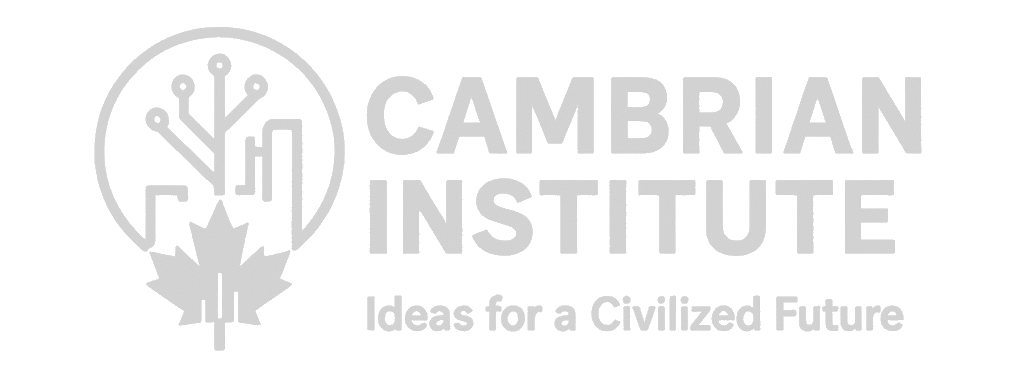When the World Gets Too Easy: The Hidden Cost of Effortless Living
We are living in an age of unprecedented convenience. Tasks that once required planning, skill, or knowledge are now delegated to machines, apps, and algorithms. Navigation? Let your phone decide. Spelling? Let autocorrect fix it. Meal planning? There’s a subscription for that. And with the rise of AI, we’re now automating not just manual labor, but thought itself.
This transformation is often framed as progress—and in many ways, it is. Efficiency has undeniable benefits. But something important is being lost in the process: the everyday exercise of critical thought.
When life becomes too easy, we stop thinking. And when we stop thinking, we lose something more valuable than convenience—we risk losing our cognitive autonomy.
The Rise of Passive Intelligence
The hallmark of modern technology is that it removes friction. Tools are praised not for their power, but for their seamlessness—how little the user must think or do to achieve a result. Our devices complete our sentences, route our journeys, recommend our media, and even predict our desires before we articulate them. AI takes this to a new level: it doesn’t just support our thinking; it replaces it.
As a result, we are doing less of the mental lifting that once kept our minds engaged, resilient, and adaptable. Fewer people memorize phone numbers, do mental math, write longhand, or navigate unfamiliar territory without digital scaffolding. We outsource not just labor, but judgment.
Automation and the Atrophy of Insight
The danger is not that we become unintelligent, but that we become intellectually inert—comfortable with outsourcing decisions and unpracticed at questioning them. Algorithms serve up answers so quickly and confidently that we rarely pause to ask: Are these the right questions? Is this the best answer? Convenience can dull skepticism. Ease can erode depth.
Historically, critical thinking evolved from necessity. Problem-solving was a survival skill. Innovation arose from constraint. Struggle was a crucible for insight. But in a world where every inconvenience is engineered away, we risk losing those muscles through disuse.
If we no longer need to think deeply to function, will we remember how to think deeply at all?
The Cost of Comfort
This is not an argument against technology. It is an argument against passivity. The convenience economy trains us to value effortlessness over understanding. But in doing so, it may quietly rob us of the habits that sustain democratic societies, scientific inquiry, and moral reasoning.
Critical thinking is not a default setting—it is a discipline. It must be practiced, provoked, and protected. When we rely too heavily on automated systems to do our thinking for us, we risk trading agency for comfort, and judgment for convenience.
Reclaiming Mental Effort
What can we do? The answer is not to reject modern tools, but to re-engage with them consciously:
- Use technology as an assistant, not an authority.
- Choose friction when it fosters reflection.
- Read deeply and write thoughtfully.
- Pause before accepting recommendations.
- Teach children not just answers, but how to ask better questions.
At the Cambrian Institute, we believe that a future shaped by AI and automation must still value human judgment, nuance, and introspection. The world may be getting easier, but that doesn’t mean we should become intellectually complacent.
Progress should lift us up—not let us coast. If we are to thrive in an age of intelligent machines, we must remember how to think in a world that is increasingly designed so we don’t have to.
